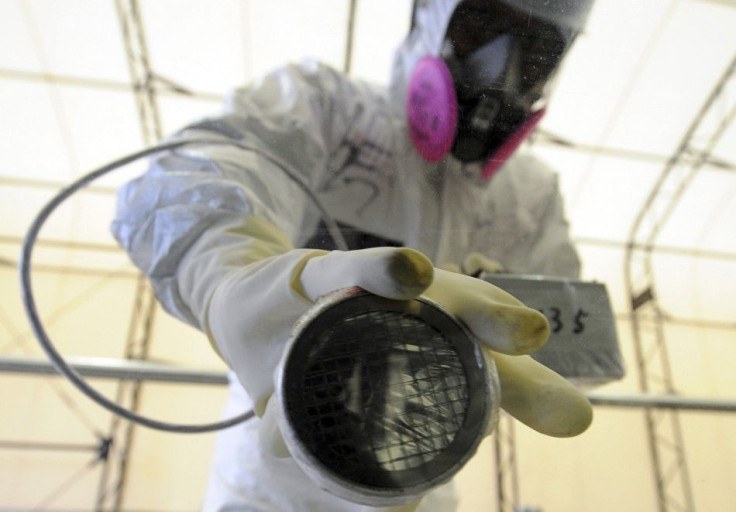Overreaction and Stress, Not Cancer and Radiation, Will Kill More People than Fukushima Scare – UN Report

The radiation from the crippled Fukushima nuclear power plant that has erupted into the atmosphere and fell into the ocean waters will not trigger any increase in cancer or health problems, a report released by the UN Scientific Committee on the Effects of Atomic Radiation said. What will definitely most kill the people are their overreactions and stress over possible radiation afflictions.
Drafted last year but only recently finalised, the U.N. report said that while people have been affected by the radiation, the doses are generally low or very low.
It stressed that there is no expected increased incidence of radiation-related health effects among exposed members of the public or their descendants.
Rather, "the most important health effect is on mental and social well-being, related to the enormous impact of the earthquake, tsunami and nuclear accident, and the fear and stigma related to the perceived risk of exposure to ionizing radiation. Effects such as depression and post-traumatic stress symptoms have already been reported."
Noting a possibility of increased thyroid cancer cases among the children exposed to radiation, the risk however is likewise low, the UN report said.
"People are rightly concerned about the impact on their health and their children's health," UNSCEAR chair Carl-Magnus Larsson said. "Based on this assessment, however, the committee does not expect significant changes in future cancer statistics that could be attributed to radiation exposure from the accident."
The report likewise said potential effects to the environment were likewise low.
"For marine ecosystems, the possibility of effects on flora and fauna was limited to the shoreline area adjacent to the power station and the potential for effects over the long term was considered insignificant."





















